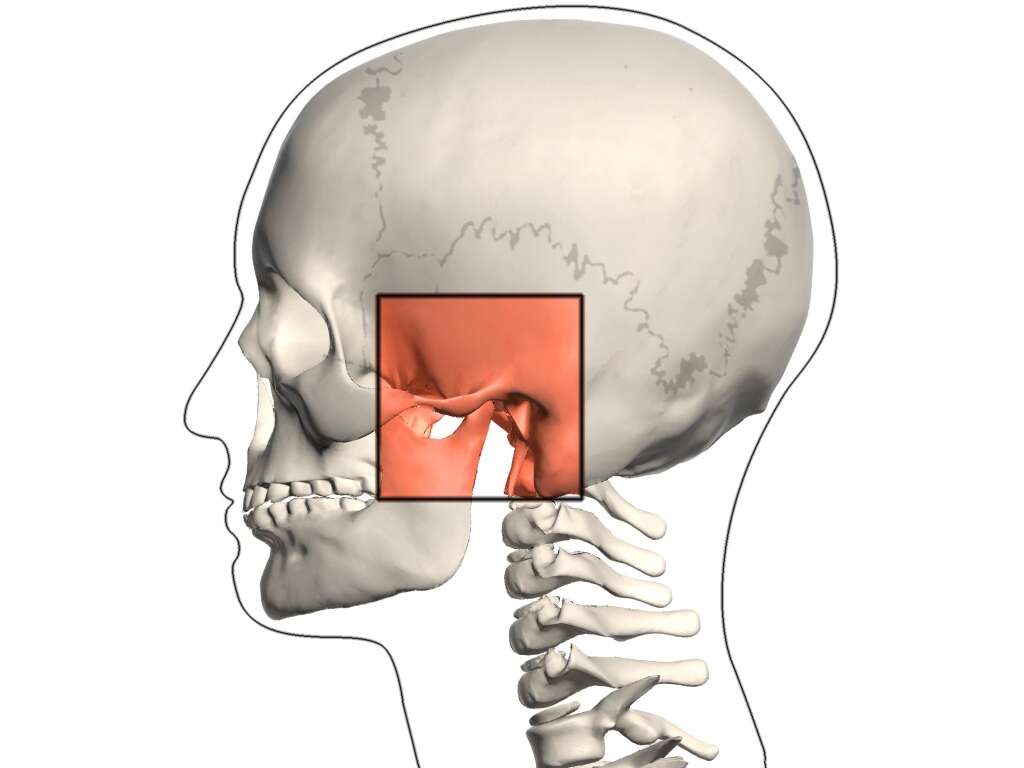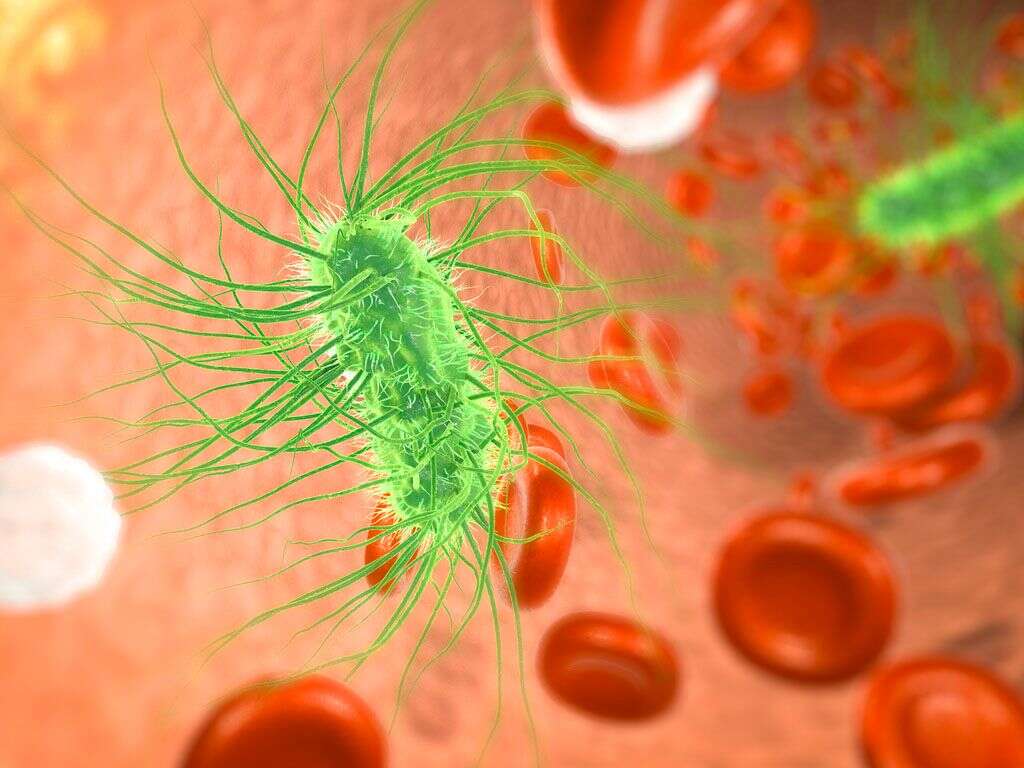10 Tetanus Symptoms
There is no avoiding bacteria because it is all around us. Fortunately, though, the vast majority are quite harmless to us and some are even beneficial. There are some that are potentially harmful although our bodies are quite good at protecting us from them. A select few, however, are very difficult to defend against and can be extremely dangerous.
One such bacterium is Clostridium tetani, which causes a condition commonly known as tetanus. Our bodies have difficulty in defending against this bacterium and infection can have some very serious symptoms. Infections are often picked up through cuts or scratches that have allowed the bacteria to enter into the body. It is important to know that this bacterium thrives in a low oxygen environment, therefore the risk of infection is higher for deep penetrating wounds. If an infection takes place, death is a very real possibility so emergency medical help should be sought as soon as possible.

Symptom #1: Neck Rigidity
Patients suffering from this disease will often have a stiff neck. This is due to muscle spasms caused by the infection. The muscle spasms usually start in the neck and jaw and eventually will go down to the rest of the body as the disease progresses.

Symptom #2: Lockjaw
Our bodies have hundreds of muscles, all of which help us to move, speak, eat and everything else. The muscles are essential to us and are in operation all day, every day. It can be easy to take them for granted, though, but we soon begin to appreciate them when something goes wrong. If you catch tetanus, you are likely to develop a muscle problem that can be very concerning.
Lockjaw, also known as Trismus, is one of the most telling symptoms of a tetanus infection. It commonly causes us to be unable to use our jaw muscles, although other muscles can also be affected. The jaws might open or close involuntarily, and they can feel very numb. It is a condition that has some very serious potential consequences and should be taken very seriously.

Symptom #3: Muscle Spasms
It is not uncommon for us to develop a twitch in a muscle. Such twitches are often a result of sitting in an awkward position for too long, and they usually go away fairly quickly. They are not usually something to be particularly concerned about, although they can sometimes be an indicator of a potentially serious condition.
If you are feeling spasms in muscles throughout your body, it could be a sign that you have a tetanus infection. The bacteria affect the nervous system, resulting in mixed signals being sent to the muscles. This causes the muscles to spasm and while the spasms may be mild to begin with, they are likely to increase in severity.

Symptom #4: Excess Sweating
The ability to sweat has given us numerous evolutionary advantages. It helps us to regulate our own heat by helping us to cool down when we get too hot. In modern societies, we try to prevent sweating using deodorants and similar products as excess sweat can become unsightly and embarrassing. Sometimes, though, excess sweat might mean there’s more cause for concern than simply being embarrassed.
If you are experiencing excessive sweating then it could be a symptom of a tetanus infection. The symptom is generally present early on in the onset of an infection and will remain for the duration. If you are experiencing unusual excess sweating then it is advisable to seek medical advice.

Symptom #5: Irritability
We all get irritable from time to time. It is often as a result of other people’s actions, although it can also be caused by other factors such as hunger or climate. It will usually pass before too long but, occasionally, it might linger. If you are experiencing prolonged irritability for no apparent reason then it may be a sign that you are unwell.
It is common for people with a tetanus infection to become highly irritable. They can find it difficult being around other people and have difficulty communicating effectively. They can also experience a high degree of restlessness and find it very difficult to relax. Irritability is usually among the first symptoms that are noticed from the onset of the infection.

Symptom #6: Back Bending
A good stretch can feel good, particularly in the morning, as it helps ready our muscles and joints for the rest of the day. There is only so much that we can stretch though, of course, and we could do ourselves some harm if we overdo it. The good news is that this rarely happens, although it can become a very real problem in people with tetanus infections.
People with a tetanus infection find that they can bend their backs completely involuntarily. It is caused by spasms in the muscles of the back and can be quite violent. If severe enough, this bending can cause joints to become dislodged and can even break bones. It is a very severe condition and should be treated as urgent.

Symptom #7: Increased Heartbeat
Patients suffering from tetanus can develop episodic increases in their heart rate. They can also have high blood pressure. Both of these symptoms are associated with advanced stages of this disease.
If you are suffering from these symptoms you should seek medical attention for proper diagnosis.

Symptom #8: Swallowing Difficulties
Our throats are an essential passage that allows us to get food into our stomachs. Food isn’t just dropped in, though, instead it is pushed down with a wave of muscle contractions. This is something that we do involuntarily from birth, and we commonly know it is swallowing.
With a tetanus infection causing havoc with the body’s muscles, however, the muscle movements responsible for swallowing can be affected. The muscles can become stiff, and spasms may occur, making it difficult for us to swallow at all. Not being able to swallow in this way is clearly very dangerous and should be treated as a medical emergency.

Symptom #9: Fever
While a fever can be quite unpleasant, they are actually one of our body’s most important lines of defense against disease. Pathogens need hosts of a certain temperature to survive and if the host is too hot, they will struggle to multiply and will also start dying. A fever will usually pass once the pathogen has been defeated, but it is not effective against all infections.
With the tetanus bacteria present in the body, our defense systems raise the temperature to try and kill it. This means that fever is a common symptom of such an infection, and it will usually be experienced soon after the infection occurred. Unfortunately, even a high-fever is not effective at fighting off a tetanus infection.

Symptom #10: Breathing Difficulties
We often take the air that we breathe for granted, but we simply cannot do without it. The process of breathing is controlled by muscles that expand and contract the lungs, causing them to suck in and exhale air. If the muscles responsible for these actions are affected then even breathing can become difficult, and this can be extremely dangerous.
Because a tetanus infection will affect the body’s muscles, there is a very serious risk that breathing difficulties can occur. Not being able to breathe is very dangerous for obvious reasons and should be dealt with as an emergency. The condition has a very serious risk of causing a fatality.












